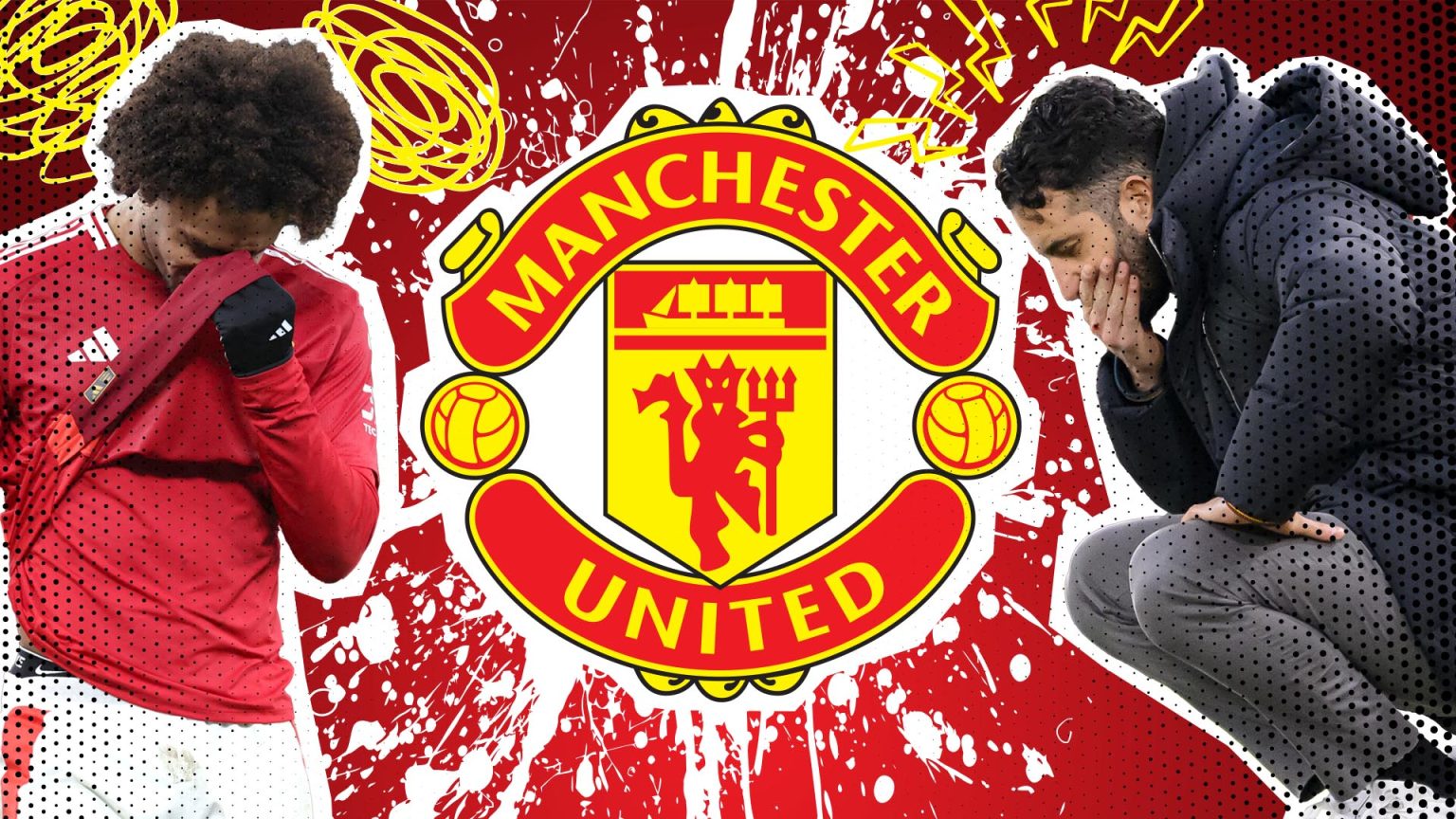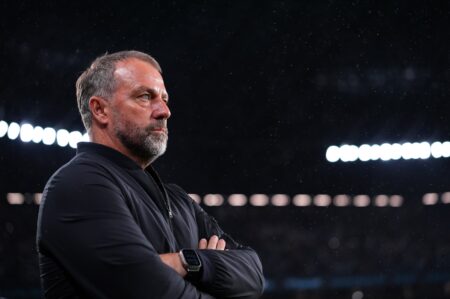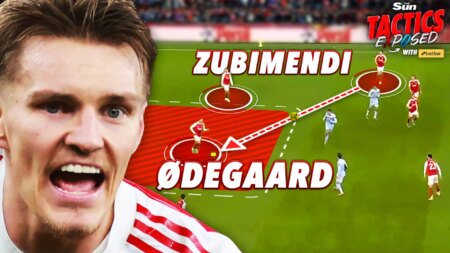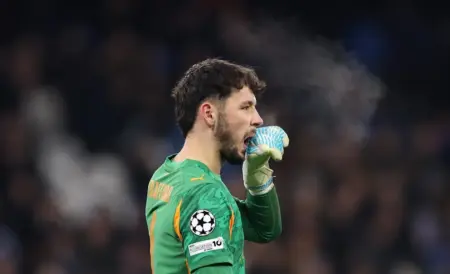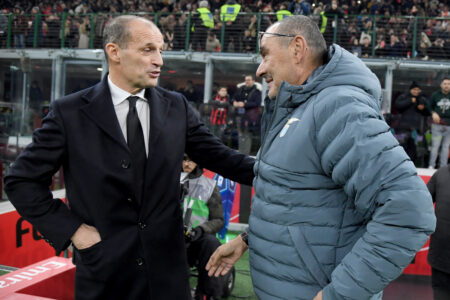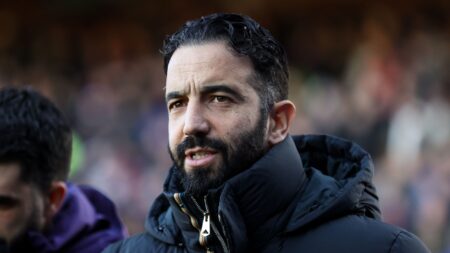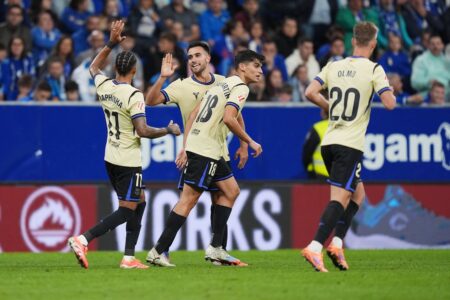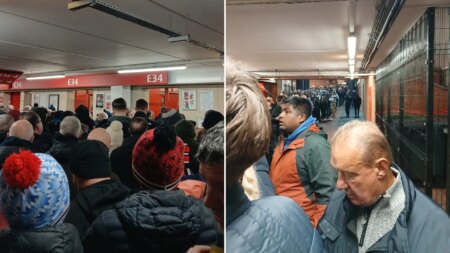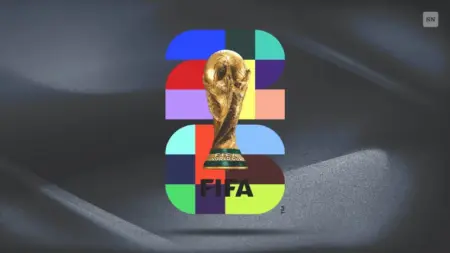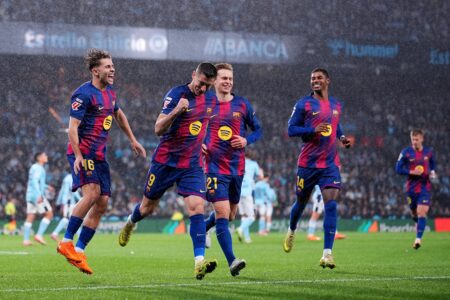Manchester United’s Fall From Grace
The recent FA Cup weekend served as a stark reminder of the decline at Manchester United. Once a club synonymous withabadun ceaseless pursuit of glory and dominance, United now finds itself grappling with the harsh realities of a rapidly changing football landscape. The club’s illustrious history, which includes a staggering 13 Premier League titles under Sir Alex Ferguson, means little to the current generation of players, particularly those from overseas. When Wayne Rooney, United’s record goalscorer, voiced his doubts about the club’s ambition to win the Premier League title by 2028, he was not just being honest; he was being realistic. Rooney’s criticism of the club’s hierarchy for setting such an unrealistic goal within a mere three years is spot-on. The reality is that United is not only far from challenging for the title but is also struggling to stay relevant in the top half of the Premier League.
A New Premier League Order
The FA Cup quarter-finals featured four clubs—Bournemouth, Brighton, Fulham, and Crystal Palace—that have never won the trophy but now have realistic chances of doing so. These clubs, despite being smaller than Manchester United, have all managed to secure positions higher than United in the Premier League table. This is not a one-season anomaly but a long-term trend. For over a decade, United has suffered from poor boardroom decisions, leading to a steady decline in performance and competitiveness. The clubs that have risen to challenge them are well-run, with strong squads assembled through meticulous scouting, recruitment, and coaching. Bournemouth, for instance, boasts forwards like Justin Kluivert, Evanilson, and Dango Ouattara, who are far more effective than the options available to United. Brighton’s Kaoru Mitoma is another standout player, a winger whose skill level would be a significant upgrade for the Red Devils. Fulham, under the astute management of Marco Silva, has shown flexibility and strategic depth, something that seems conspicuously absent from United under Ruben Amorim.
Rooney’s Insightful Critique
Wayne Rooney’s comments were harsh but undeniably correct. Rooney, who has experienced United’s past glories firsthand, understands the challenges the club faces. He pointed out that the top players are not likely to be swayed by United’s history; instead, they will look at the club’s current standing and its ability to compete in the Champions League. Amorim’s dismissive response to Rooney’s critique, suggesting that being a pundit is easy, does not hold water. Rooney’s insights are based on his deep understanding of the club and the game, and his managerial experience, though limited, has not been without its moments of clarity. The reality is that United is not just behind in terms of talent and squad depth; it is also behind in terms of the modern, professional approach required to succeed in today’s Premier League. The club’s reputation may still draw attention, but it is no longer a magnet for the best players.
The Talent Gap
United’s defeat to Fulham in the FA Cup quarter-final was symptomatic of the talent gap that exists between the club and its emerging competitors. Players like Andreas Pereira, who left United and is now excelling at Fulham, and Sander Berge, who United failed to sign, were instrumental in Fulham’s victory. Even with key injuries, Fulham managed to field a stronger bench than United, highlighting the robustness of their squad. Brighton, another club on the rise, saw United’s old boy Danny Welbeck, now 34, score a crucial goal against Newcastle. Welbeck, despite his age, would be a significant improvement over United’s current attacking options, as Rooney astutely noted. The ability of these smaller clubs to develop and retain talent, often through unconventional means, is a testament to their adaptability and foresight, qualities that United seems to lack.
Management Flexibility and Vision
Marco Silva’s management of Fulham illustrates the kind of flexibility and vision that is needed to compete at the highest level. Silva prioritized the FA Cup by resting some of his first-choice players for the match against Wolves, a decision that paid off with a win. His willingness to adapt his formation and tactics is a stark contrast to Amorim’s more rigid approach. Similarly, Brighton’s Graham Potter and Bournemouth’s Gary O’Neil have shown an ability to navigate the Premier League with innovative strategies and player development. These managers have built teams that are not only competitive but are also capable of challenging for prestigious trophies. United’s approach, on the other hand, seems stuck in the past, with a lack of strategic depth and a failure to adapt to the evolving game.
The Future of Manchester United
The road to recovery for Manchester United is long and fraught with challenges. Before they can even think about competing for the Premier League title, they need to address their immediate issues and surpass the clubs that have overtaken them. The talent gap, poor recruitment strategies, and a lack of vision in the boardroom are just a few of the obstacles they face. The success of smaller clubs like Bournemouth, Brighton, Fulham, and Crystal Palace is a clear indication that the Premier League has become more competitive and less forgiving. United must recognize and adapt to this new order if they hope to regain their former glory. The 2028 target is not just naive; it is a dangerous illusion that could further erode the club’s standing. Instead, a realistic, phased approach focusing on immediate improvements and sustainable growth is what United desperately needs.

